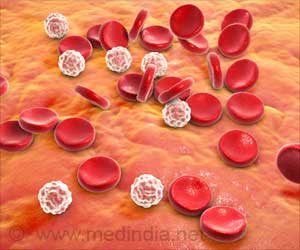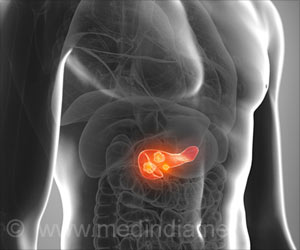
‘High expression of Caveolin-1 can protect the body against foreign bodies and diseases, while downregulation is prometastatic.’
Tweet it Now
The gatekeepers of our lungsWhile the role of tumor-associated macrophages at each step of cancer progression is already well-established, the biology of ’metastasis-associated macrophages’, their counterparts at the sites of cancer metastases, has been almost neglected. Understanding this field, however, is of the utmost relevance, as metastases cause no less than 90% of human cancer deaths.
In this research, the team describes for the first time the mechanism of Caveolin-1 in metastatic macrophages. They saw that upregulation of this protein in the lung environment clearly hinders metastatic growth.
Prof. Mazzone (VIB-KU Leuven): "A surprising outcome, since macrophages are traditionally associated with cancer progression. But at the same time, the anti-metastatic, patrolling function of Caveolin-1 makes sense when one considers the relevance of the immune system in the lungs as the first barrier against (inhaled) pathogens and external bodies. You could say Caveolin-1 is a gatekeeper: high expression can protect the body against foreign bodies and diseases, while downregulation is prometastatic."
Caveolin-1 as a gatekeeper
Advertisement
Prof. Mazzone (VIB-KU Leuven): "We have now learned that there is a huge difference in immunity at the metastasis compared to the primary tumor. And since metastasis is what kills most cancer patients, this research avenue deserves much more attention - which describes perfectly the direction of our next research projects!"
Advertisement
Source-Eurekalert















